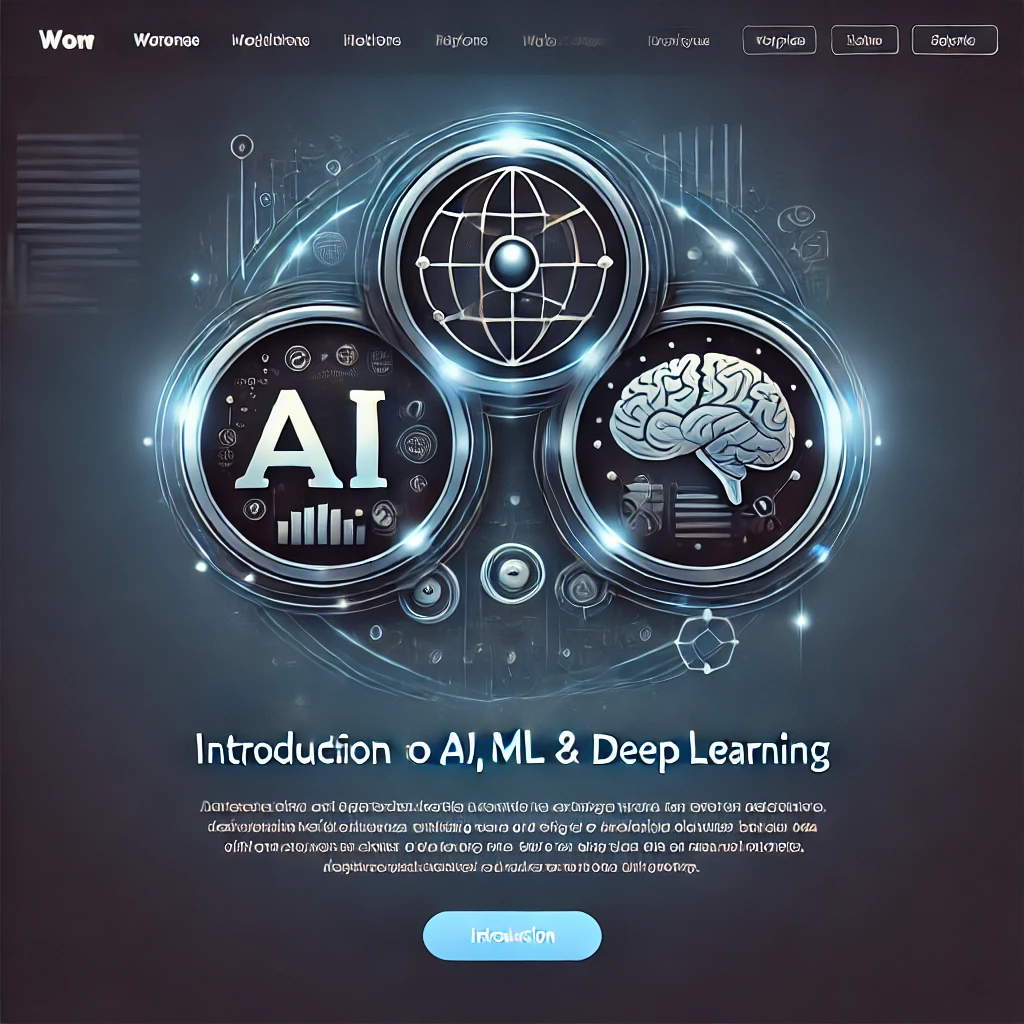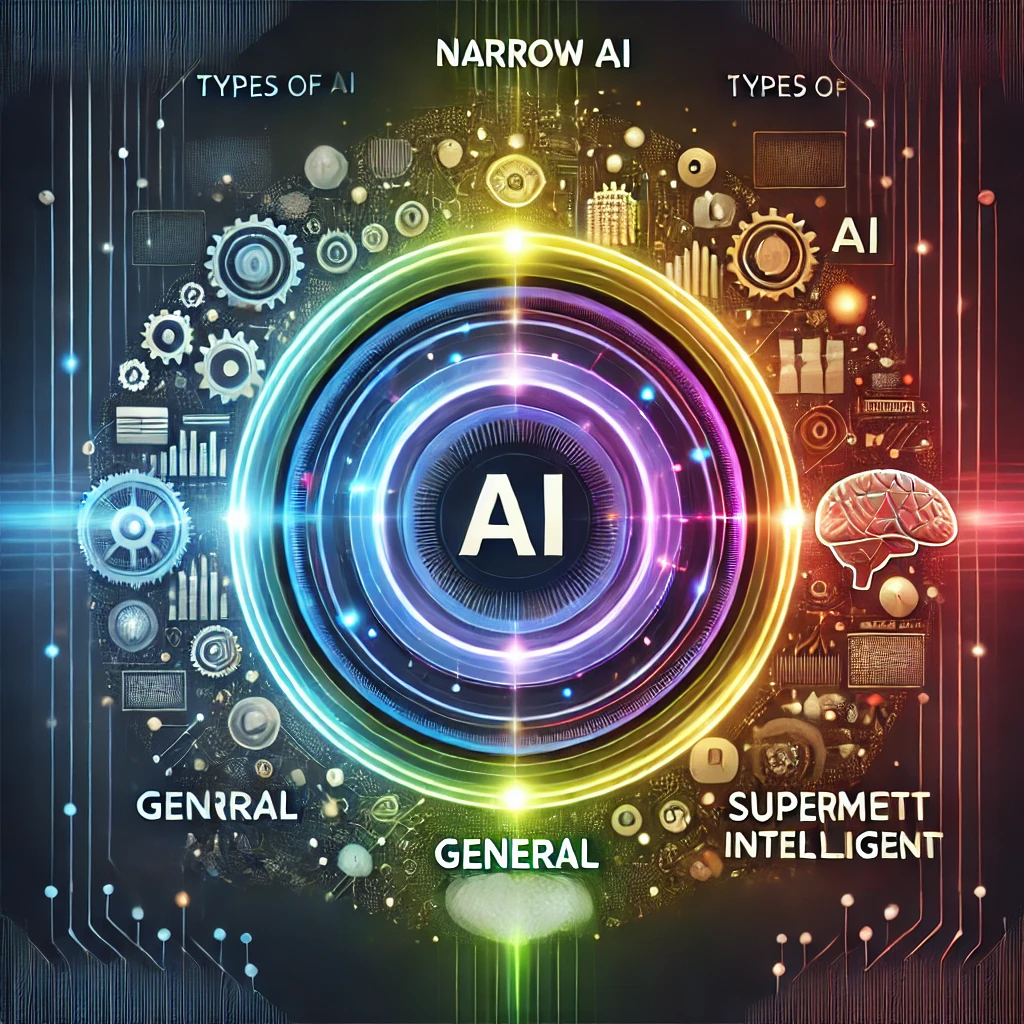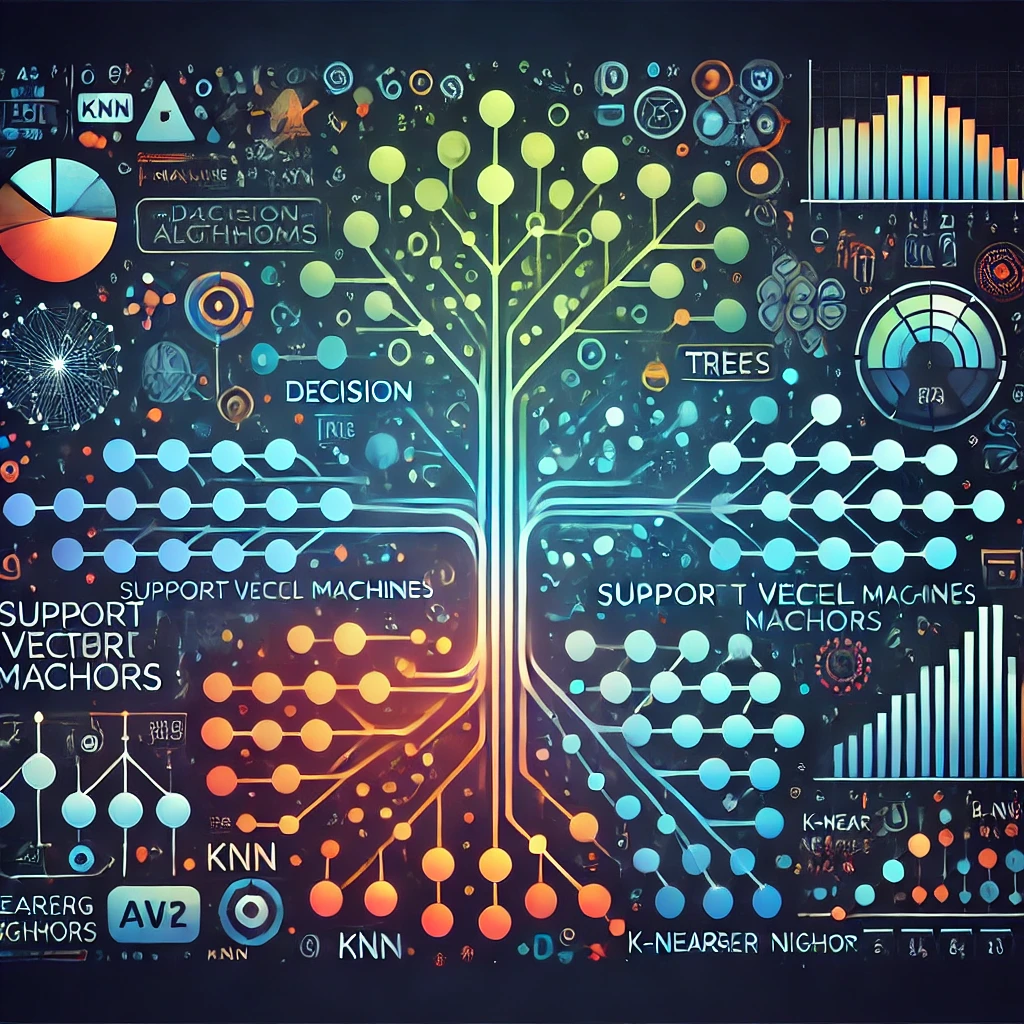Personalization with AI: Using AI for Content Recommendations and User Experience Customization
In today’s digital landscape, personalization is no longer just a luxury; it’s a necessity. With the immense amount of content available online, users increasingly demand tailored experiences that reflect their unique preferences and behaviors. Artificial Intelligence (AI) is at the forefront of this transformation, reshaping how businesses and platforms engage with their audience.
Understanding Personalization and Its Importance
Personalization refers to the process of tailoring content and experiences to individual users based on their preferences, browsing history, and behaviors. The significance of personalization lies in its ability to:
- Enhance user engagement
- Improve customer satisfaction
- Increase conversion rates
- Boost retention and loyalty
With AI, businesses can analyze vast amounts of data in real-time, enabling them to make nuanced decisions that enhance the user experience.
How AI Powers Content Recommendations
AI algorithms utilize machine learning and data analytics to predict and suggest content that a user may enjoy. This is often achieved through:
1. Behavioral Analysis
AI systems gather data on a user’s interactions, such as clicks, time spent on pages, and previous content consumption. By assessing this behavior, platforms can recommend similar articles, videos, or products. For example:
- If a user frequently watches travel vlogs, the AI may recommend content that focuses on travel tips and destination guides.
- A user who reads technology news may receive articles on the latest gadgets or tech innovations.
2. Collaborative Filtering
This technique leverages data from multiple users to identify patterns. By understanding what similar users enjoyed, AI can suggest content that a current user might also find appealing, even if they’ve never interacted with it before.
3. Content-Based Filtering
In addition to considering user behavior, AI examines the content itself. By understanding the characteristics of the content a user engages with, AI can suggest similar items, ensuring a tailored experience.
The Role of AI in User Experience Customization
Beyond content recommendations, AI enhances user experience in various ways:
1. Adaptive User Interfaces
AI can modify interface elements based on user interactions. For instance, if a user frequently uses a particular feature, the platform can make it more prominent, improving accessibility.
2. Personalized Marketing Campaigns
AI helps businesses segment their audience effectively, allowing for targeted marketing campaigns. By analyzing user data, businesses can send personalized emails, offers, and notifications, increasing engagement rates.
3. Dynamic Content Adjustment
AI can dynamically change the content displayed based on user preferences at any moment, such as weather-related content when a user accesses a platform in a storm-prone area.
Challenges of Implementing AI in Personalization
While the potential of AI in personalization is immense, there are challenges that organizations must address:
- Data Privacy Concerns: With rising concerns about user data privacy, businesses must ensure compliance with regulations like GDPR.
- Algorithm Bias: If not properly trained, AI systems may perpetuate biases, leading to unfair recommendations.
- Quality of Data: The effectiveness of AI largely depends on the quality of the data it analyzes. Poor data can lead to inaccurate recommendations.
Best Practices for AI-Driven Personalization
To effectively harness AI for personalization, organizations should consider the following best practices:
- Invest in Quality Data: Ensure you have robust data collection mechanisms that respect user privacy.
- Regularly Update AI Models: Regularly refine AI algorithms to adapt to changing user preferences and behaviors.
- Focus on User Experience: Always keep the user experience central to your personalization efforts, ensuring that recommendations add value to the users.
- Monitor Performance: Continuously track the effectiveness of your AI-driven initiatives and be prepared to pivot strategies as necessary.
The Future of Personalization with AI
As technology continues to advance, the future of personalization looks promising:
- Increased Automation: AI will likely automate more complex personalization strategies, allowing businesses to focus on creative aspects.
- Hyper-Personalization: Expect to see more advanced levels of personalization, where recommendations take into account real-time contextual data.
- AI Ethics: The focus on ethical AI practices will grow, as businesses strive to maintain user trust while leveraging AI.
In conclusion, the integration of AI in personalization is revolutionizing how businesses engage with their audiences. By understanding user behavior, leveraging AI-driven insights, and prioritizing user experience, organizations can create a customized digital landscape that resonates with every user. As we embrace the future, the possibilities for personalization with AI are limitless.




